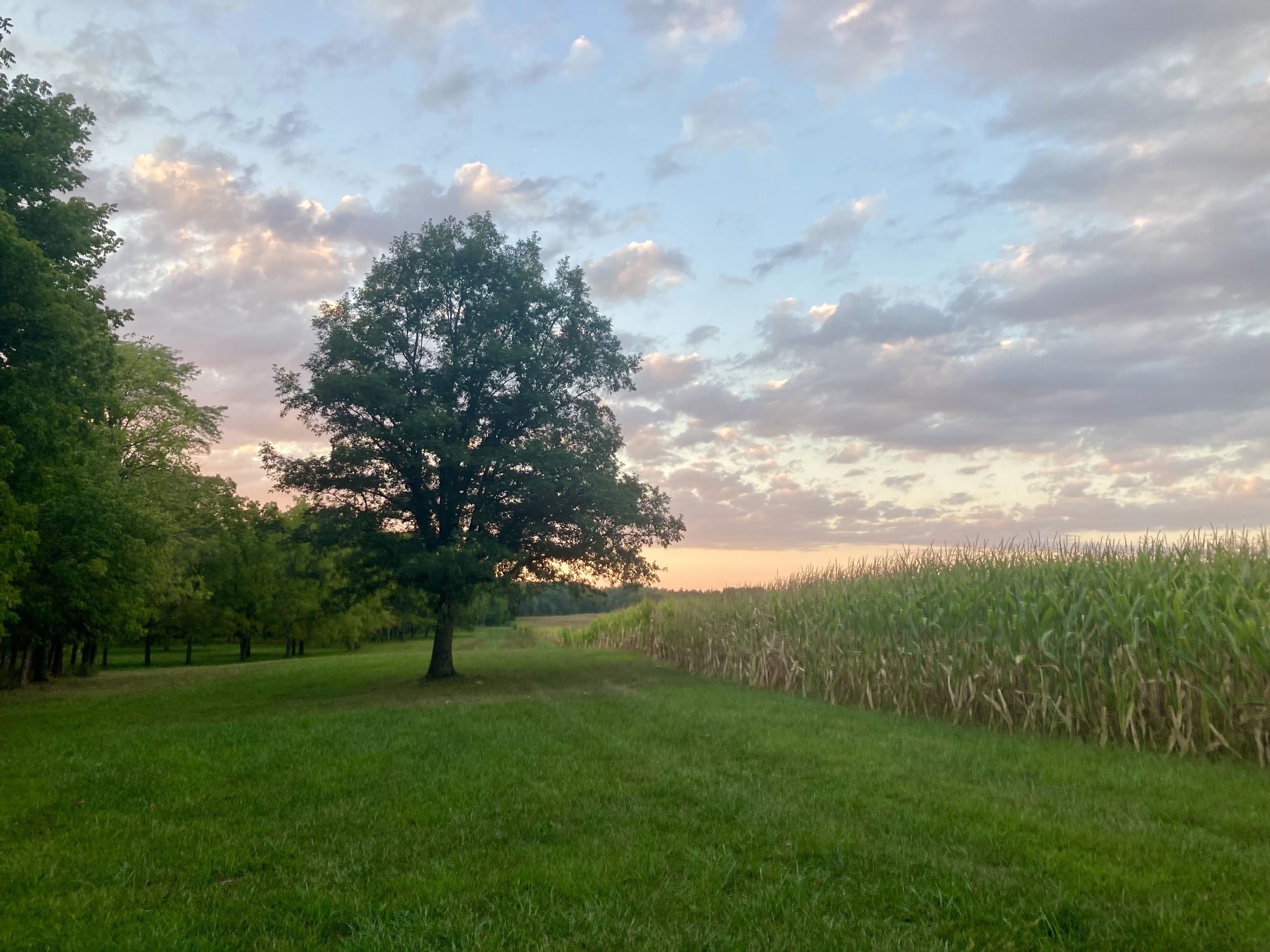THE EXHIBITION
•
THE EXHIBITION •

‘A Dog’s Wish’
John Guchemand is an MFA candidate in University of Baltimore's Creative Writing & Publishing Arts program. You may find him furiously writing and reading stories against life's sundry deadlines, while attempting to balance family and work.

‘Sand and Strawberries’
Gerald Lynch was born on a farm at Lough Egish in Co. Monaghan Ireland and grew up in Canada. His latest novel, Plaguing Jake, was published in June 2024 by At Bay Press. The Dying Detective (2020) was the concluding novel of a trilogy comprising Omphalos and Missing Children. These novels were preceded by Troutstream, Exotic Dancers, and two books of short stories, Kisbey and One’s Company. He has published numerous short stories, essays, and reviews, as well as having edited a number of books. He has also authored two books of non-fiction, Stephen Leacock: Humour and Humanity and The One and the Many: Canadian Short Story Cycles. The recipient of a few awards, including the gold award for short fiction in Canada’s National Magazine Awards, he lives in Ottawa. Website: http://geraldlynch.weebly.com/

‘Diagnosis’
Dana Johnson is an aspiring author whose writing focuses primarily on short fiction and humorous essays. Johnson is a native Kansan and a graduate of both the Emporia State Teachers’ College and the Johns Hopkins Creative Writing Program. She has spent the last decade teaching English and coaching competitive speech and debate; this has provided her the opportunity to generate much writing material and ponder the absurdities of humanity. Her other passions include cooking well, gardening poorly, and wrangling a house full of rescue animals. You can find her on Instagram and Threads @writebyaccident.

‘Accelerant’, ‘Thrum’, ‘A Simplification’ & ‘Us’
K Weber (she/her) is an Ohio writer with 11 online books of poetry. She obtained her Creative Writing BA in 1999 from Miami University. K writes independently and collaboratively, having created poems from words (& more!) donated by more than 300 people since 2018.

‘Make an Appointment to Worry’
Katie Pippel is a resident of the Pacific Northwest and is an English Language Arts teacher, artist, and dancer. Her writing is shaped by her experience with chronic illness, specifically endometriosis. She endured 4 surgeries in her treatment, including a hysterectomy at age 31. She hopes her writing contributes to the rising tide for this debilitating disease.

‘To Be Held By A Mother’ & Collected Poems
Kayla Misa (they/she) is a queer Asian author, accountant in the entertainment industry by day, but an artist by evening.They can be found strumming on the guitar or bowing on the violin, when not crunching numbers. They have been previously published in The Palouse Review, Open Expression Journal, and the Alexandrian Review. They are also featured in Power Poetry’s 2020 annual anthology for upcoming writers. Kayla is also a current collaborator of the non-profit organization, Girls Write Now.

‘Trick Or Treatment?’ & Collected Poems
Alexandra Nimmo is an actress (GTA Online) and self-taught emerging poet from Nashville, TN. Her debut publication was recently featured in The Rising Phoenix Review and Alexandra is currently working on a full-length poetry collection about her chronic illness journey.

‘The Day I Found My Name’ & ‘Mountaintop Optometrist’
Jacque Margaux is a sad Franco-American poet who writes to cheer himself up. His poem, girl writer en café, was published on Words Faire.

‘Melquíades’
Brandon W. Hawk is a Professor of English at Rhode Island College who writes about the Middle Ages, biblical apocrypha, and intersections with pop culture. He has published the books Preaching Apocrypha in Anglo-Saxon England (2018), The Gospel of Pseudo-Matthew and the Nativity of Mary (2019), and Apocrypha for Beginners: A Guide to Understanding and Exploring Scriptures Beyond the Bible (2021).

‘THREE INTRAVENOUS THERAPIES’, ‘MY THOUGHTS ON SLEEP MEDS’, ‘EMPTY YOUR MIND’, ‘FALLOUT’ & ‘DAZED’
Sophia Falco is an award-winning poet, and the author of four poetry books all published by UnCollected Press titles: If My Hands Were Birds: A Poem, Chronicles of Cosmic Chaos: In The Fourth Dimension, Farewell Clay Dove, & The Immortal Sunflower. She graduated magna cum laude along with the highest honors in the Literature Department at The University of California, Santa Cruz with her BA in intensive literature with a creative writing concentration in poetry. https://www.sophiafalco.com/